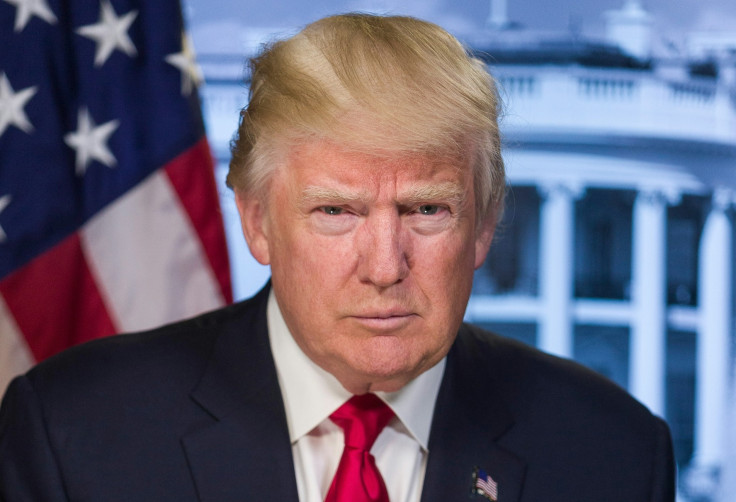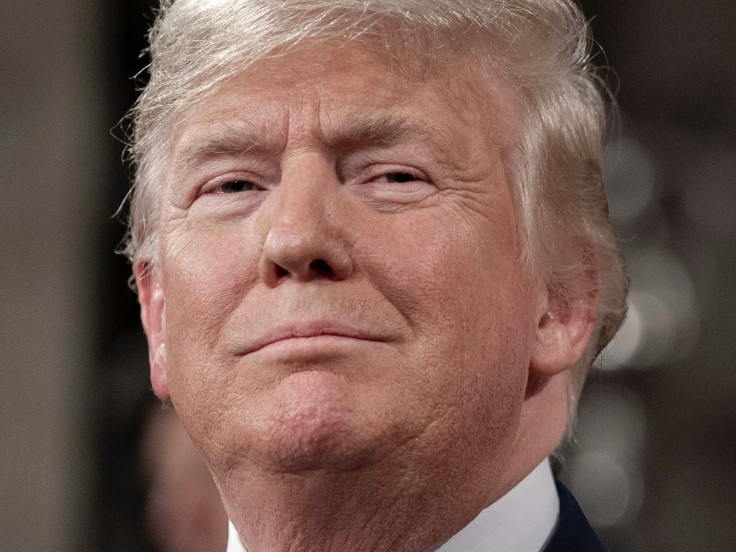Trump Urges Republicans To Release Epstein Files And People Are Claiming It Must've Been 'Scrubbed'
A sudden presidential reversal, resurfaced interviews and legal limits collide as Congress prepares to vote on full disclosure of Epstein-related records

US President Donald Trump has publicly urged House Republicans to release the so-called 'Epstein files', declaring 'we have nothing to hide' even as resurfaced interview footage and fresh disclosures deepen questions about what the records contain.
The President's abrupt call for transparency on 17 November 2025 came after weeks of internal GOP fractures and a flurry of resurfaced media that showed him hedging when asked about declassification previously.
Critics and allies alike noted the contrast between his online post and earlier interview remarks in which he warned against releasing 'phony' material', a mismatch that has fuelled accusations of political calculation. As lawmakers prepare for a House vote, the row now centres on competing claims over editing, evidence and the limits of public disclosure.
President's Reversal and the Moment It Landed
Trump's change of stance was posted on his Truth Social account late on 16 November 2025, where he urged 'House Republicans should vote to release the Epstein files, because we have nothing to hide'.
The message followed public pressure from Republican members who had defied party leadership to force a floor vote. The move was framed by the White House as an attempt to close the episode, but opponents said it came only after the controversy threatened to fracture the GOP.
In recent days Republican moderates and conservatives have traded accusations. Some argued the release would settle speculation, while others warned it could expose raw or unvetted material.
That internal tug-of-war helped produce the discharge petition that forced this week's vote, an uncommon procedural weapon in modern House politics. The stakes are not merely political, lawmakers must balance transparency with the legal and privacy constraints surrounding sealed litigation and grand jury material.
The Resurfaced Interviews That Reignited Scrutiny
The controversy intensified after previously aired and newly circulated footage showed differing versions of the President's comments on the subject. An edited Fox appearance from 2024, later circulated in an uncut form, revealed Trump initially saying he would declassify such files but immediately qualifying that with caution about 'phony stuff' and the risk of harming people if material were false.
That uncut reply has been shared widely on social platforms and cited by critics as evidence that public messaging on the files has been selective.
Separately, a July 2025 interview on Real America's Voice, transcribed by independent outlets, shows Trump again suggesting scepticism about some of the material and alleging partisan tampering. 'I can imagine what they put into files', he said, blaming Democrats for planting false items.
Those statements sit uneasily beside his later 'nothing to hide' claim and have been seized on by opponents as proof his position is reactive rather than principled.
Legal, Ethical and Political Consequences
Legal experts warn that even if Congress compels disclosure, courts and Department of Justice rules will govern what can be made public; grand jury testimony and third-party personal information can be redacted to protect victims and ongoing inquiries.
Advocates for survivors stress that transparency cannot come at the expense of privacy or safety, and some victims' attorneys have asked for careful third-party redaction procedures before any public release. The tension between openness and protection is therefore not merely political but profoundly human.

Politically, the episode has laid bare fissures within the Republican coalition. Some elected Republicans have publicly welcomed Trump's pivot as a way to neutralise accusation and move on; others see it as too little, too late.
For the President, the calculation is delicate, endorsing full release may placate some critics while empowering others who demand deeper investigations into how records were compiled and whether any actors manipulated the archive for political ends.
Beyond the procedural and partisan wrangling, the public reaction is driven by a simple demand, who knew what, and when? For families of victims, journalists and citizens, the files promise answers to traumatic questions about abuse, access and accountability.
That urgency will shape the political fall-out, because public appetite for clarity rarely tolerates obfuscation for long.
© Copyright IBTimes 2025. All rights reserved.



















